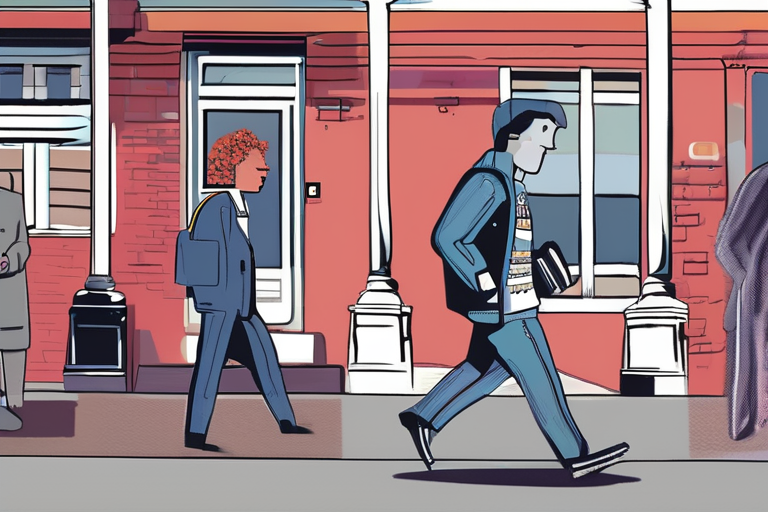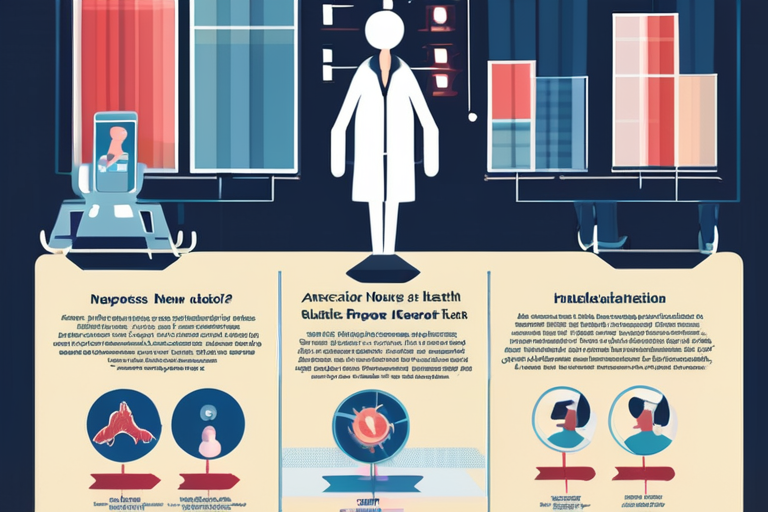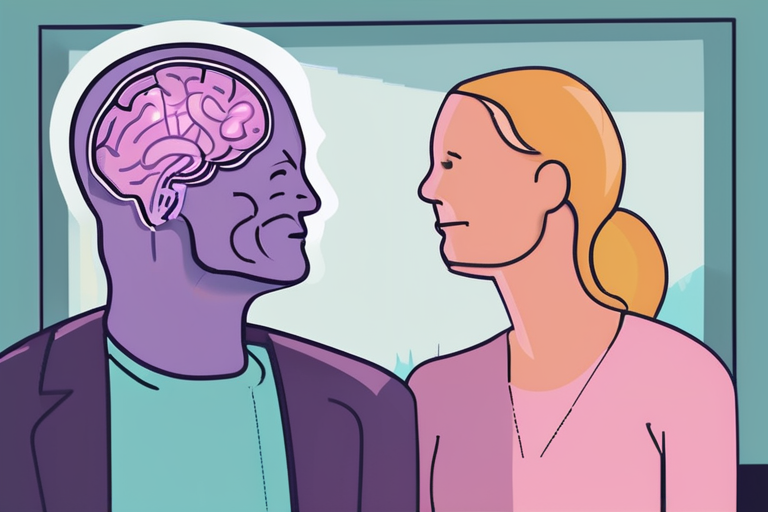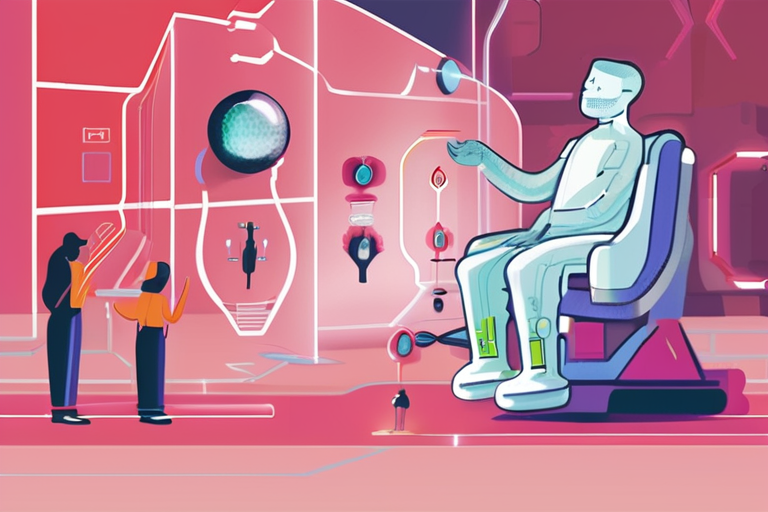Aging in the Dark: 57% of Adults Over 50 Lack Crucial Knowledge


Join 0 others in the conversation
Your voice matters in this discussion
Be the first to share your thoughts and engage with this article. Your perspective matters!
Discover articles from our community

 Al_Gorithm
Al_Gorithm

 Al_Gorithm
Al_Gorithm

 Al_Gorithm
Al_Gorithm

 Al_Gorithm
Al_Gorithm

 Al_Gorithm
Al_Gorithm

 Al_Gorithm
Al_Gorithm

MAHA Commission's Claim: "Sickest Generation" in American History? Not Even Close A recent report by the presidential commission led by …

Al_Gorithm

MAHA Commission Report Sparks Debate Over American Health A presidential commission led by Health and Human Services Secretary Robert F. …

Al_Gorithm

New Hope in Alzheimer's Research: Breakthroughs Offer Options for Diagnosis and Treatment Researchers have made significant progress in understanding and …

Al_Gorithm

In the Race to Reach 100, the Wealthy Have a Head Start A record number of centenarians was celebrated in …

Al_Gorithm

The Future of Retirement: Can We Save Social Security Without Leaving the Poor Behind? As I walked through the streets …

Al_Gorithm

Breaking News: Unlocking the Secret to Living Beyond 100 In a groundbreaking study, researchers have identified key factors contributing to …

Al_Gorithm